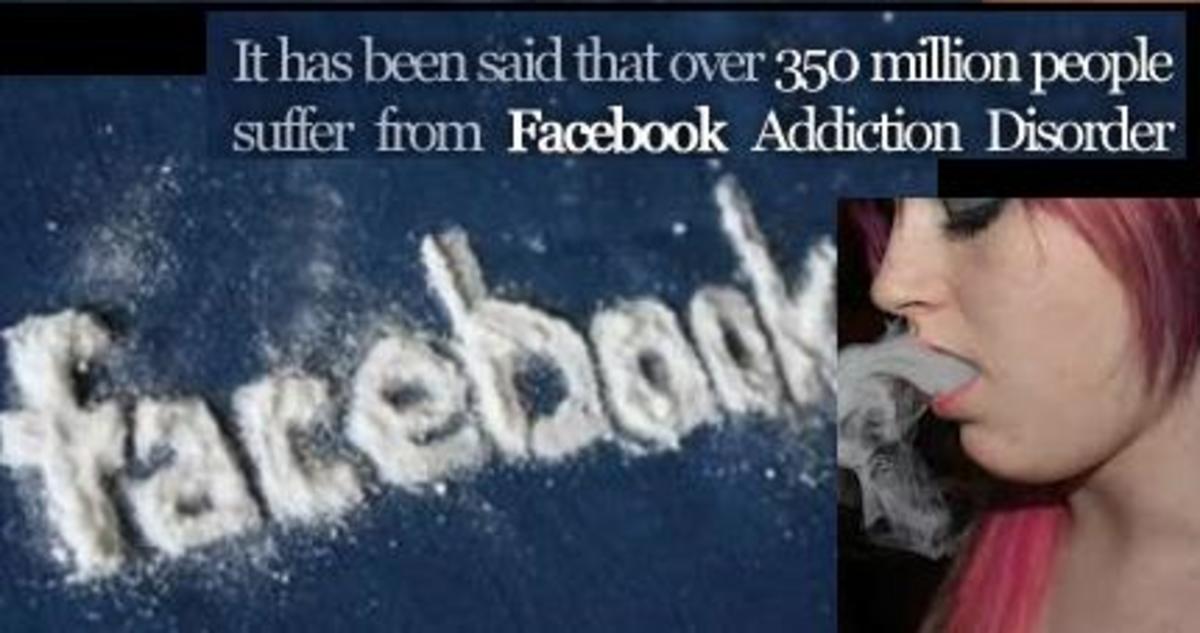Are You An Enabler? 5 Signs You're Enabling Your Loved One's Addiction
Addiction affects not just the abuser, but their family and friends. As a loved one, it can be difficult to accept that the addict has a problem so enabling behaviors become a coping mechanism. This is often done with the best of intentions but only furthers the problem, allowing the disease to progress and take over more of your life and the life of your loved ones. If you are worried that this may be the case, below are five warning signs you are enabling your loved one's addiction.

1. Projection
You begin to project blame on others or yourself instead of recognizing the addict's actions. While pointing fingers solves nothing, an addict can't get better until they take responsibility for their own actions. This may also manifest itself as being overly harsh on others with similar problems, especially strangers or people you see on TV. It's much easier to talk about how terrible the drug addict is on the big screen than to have a conversation with the person beside you. The truth is, 9% of Americans needing treatment for substance abuse are receiving it, leaving 20.5 million people still in need. Your loved one is not alone, and neither is your family, but the first step in recovery is admitting you have a problem so that you can be the one to fix it.
2. Lies
You or your family has begun to lie to cover up the perceived shame of having a family member or friend with an addiction. Many families lie to cover up their addicted loved one's life, pretending that everything is "normal" and things are going as they should. Addiction is then seen as shameful by the addict and it makes it even harder to get the help they need.This causes many to bottle up their emotions and not work out the real issues. The constant strain lies and deceit can bring to a family are heartbreaking.

3. Prioritizing the Addiction
The addict's perceived needs become more important than your own, even if this means struggles at work or in your own marriage. It is natural and healthy to feel the urge to help others in their time of need, but when one person's needs are met while an entire family crumbles around them, there is a big problem. Addiction will quickly consume not only their life but yours as well.
Your family and your well being comes first. An addict will always put their addiction first, it's an important element on the disease. By enabling their habit you are only hurting their long-term recovery.
If you're working harder than the addict to stop the addiction, you might be enabling them and fooling yourself.
What kind of addiction does your loved one have?
4. Fearing the Addiction, Not Loving the Addict
You act out of fear - not love - in attempts to keep in touch and prevent losing your loved one to addiction. This enabling behavior can spiral out of control quickly and cause significant financial and emotional strain on a family. While well-intentioned, many loved one begin to feel like they are losing the person they used to know, so they give in for hopes of saving them from themselves. Addicts, depending on their addiction and mental state, can also act out in aggression towards their family members and friends. Sadly, this often results in distraught loved ones giving in for their own safety. This is not an act of love, but one of fear and needs to be addressed as such.
Often, it starts with a few spare dollars for a meal or a cell phone card. This can quickly turn into bailing a drug addict out of jail or paying a gamblers' debt. You worry for their safety and want to make sure they still eat and have a way to contact you. Before you know it, you're paying for hotels and inadvertently, maybe even the source of their addiction.

5. Ignoring the Addiction
Simply choosing to ignore all the signs of addiction only allow the addict to continue in their own disease. This is perhaps the most common enabling behavior and maybe the most detrimental. You may attribute an obvious, negative change in lifestyle as a "phase" or ignore it entirely. Sadly, addiction is a progressive disorder, and like any other disease, ignoring the symptoms will only make it worse. The sooner problem is addressed - and recognized as a problem - the easier treatment and recovery will be.
Do you believe that addiction is a disease?
Have you ever had experience with a loved one who had an addiction? How did you avoid these enabling behaviors, or did you have to learn from your mistakes?
© 2017 Dani Merrier








